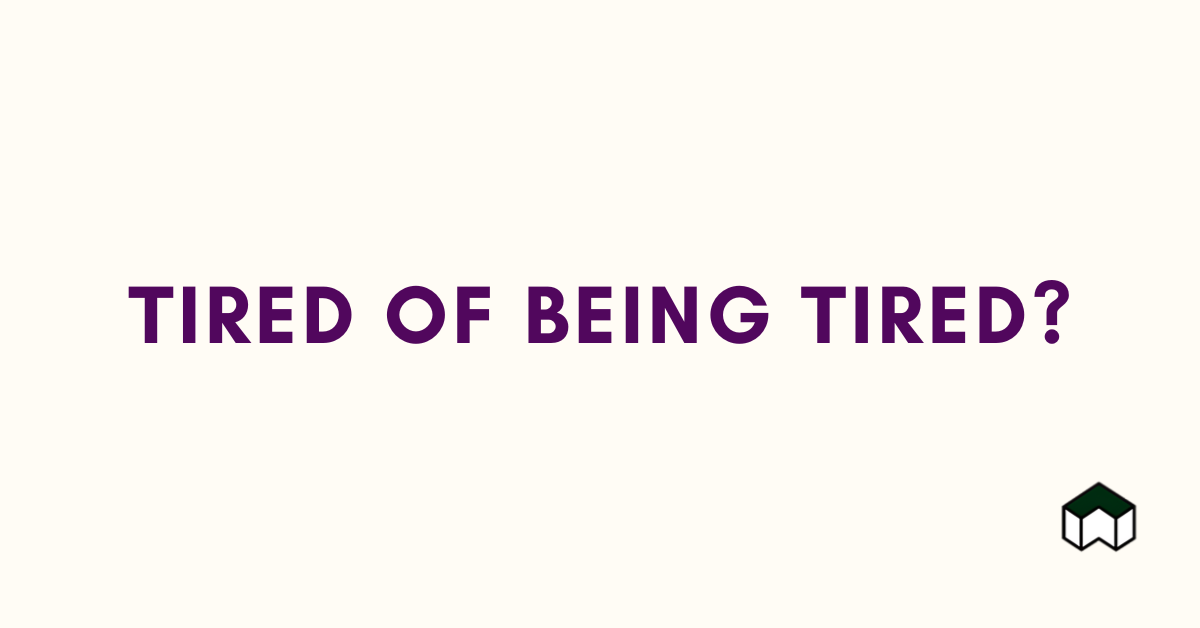Tired of being tired?
When working with teams and individuals, one of the most common phrases I hear is “I’m really tired, even after the weekend”. Of course if anyone is constantly feeling tired over a long period, it may be worth getting this checked out medically. The question then is what kind of rest we are getting and the extent to which it actually recuperates us. It may seem an odd question, but I’m struck by how many people are not rested and refreshed in their time off work. With the pressure to be available 24 hours a day to not miss out and guard one’s own job, do we ever actually stop? So the question then is: Are we getting the right kind of rest?
To know the kind of rest we need, we have to understand some of the different kinds of tiredness, and then select an effective way of switching of recuperating. I have chosen the most common four I encounter:
Physical tiredness
Where there is constant physical exertion. Obviously manual workers bear the brunt of this, but having a lengthy commute, long working hours, travel and meetings in different places and regular workplace demands will also contribute to physical tiredness.
Mental tiredness
Where there is a constant need for information to be processed, analysed and responded to most often involving long periods of sitting still at a computer screen.
Emotional tiredness
Where we have to listen a lot to others; deal with emotional needs; resolve difficult situations; mediate in meetings/with individuals and so on as well as with family or personal demands and challenges.
Social tiredness
Where there is constant demand for us to network; see people, keep up with social media; be pro-active to social demands at work and at home. This is relatively new phenomenon, mainly due to social media which can lead to a feeling of not wanting to miss out.
Of course the reality is that we’re likely to be experiencing a mix of all of these, but it’s also likely that there is a dominant kind of fatigue. Circumstances and habits often dictate how we relax, so it is worth re-looking at the kind of recuperation we get. The ideal is to achieve contrast. So for example, someone who is physically tired, may tend to sit on the sofa and watch anything on television. This is a fairly easy solution, but to achieve the contrast (ie mental stimulation), it’s worth considering watching something more mentally stimulating or doing a puzzle such as a crossword/brain teaser etc.
Recuperation from physical fatigue
Deliberately stop for a while by sitting or lying down for a period of time before any more tasks are undertaken; take a short nap, engage in mental stimulation such as reading, puzzles, quizzes, social company and chat with others.
Recuperation from mental fatigue
Doing something physical such as walking, jogging, gardening, a sport, singing etc. This should be absorbing enough to be able to switch off mentally as well. For example, going for a walk while thinking about a work situation, won’t be as effective as walking and being mindful of the sounds, sights or scents around you. This is why a team game can work so well, because you have to focus elsewhere.
Recuperation from Emotional fatigue
Find someone to really listen to you; get time alone; work out which friends and colleagues are more draining of your emotional energy and create strategies to manage this; be aware of the wider media messages in news/advertising, and create strategies to deal with this; seek sources such as books, friends, colleagues that inspire and energise you to introduce a programme of ‘self care’.
Recuperation from Social fatigue
Set aside a regular time each month, perhaps a whole weekend, where you try not to look at any social media. Let your close friends know this. Be particularly aware of how social media might be affecting your sleep routine. Be honest with yourself about the hours spent in front of some kind of screen and take more control over this in the same way you try to achieve a balanced diet.

